If you’re a newcomer and want to adapt to life in Ireland, you need to get to know the names of places. And how to pronounce them. This is for two reasons. One, so you don’t get lost. And two, so you don’t sound like an eejit. (Actually, it’s more so you don’t sound like an eejit.)
But the first step you must take is to not laugh at these sturdy, deeply historic, Irish names, as the locals don’t like that. But laugh my Canadian boyfriend did when I first brought him home from London 20 years ago to meet my parents. Well-known Dublin names, places I’d passed by bus or bike for years, were completely fascinating and hilarious to him. Stillorgan! Ballsbridge! Stepaside! And he was right, they did sound funny. I just hadn’t noticed before.
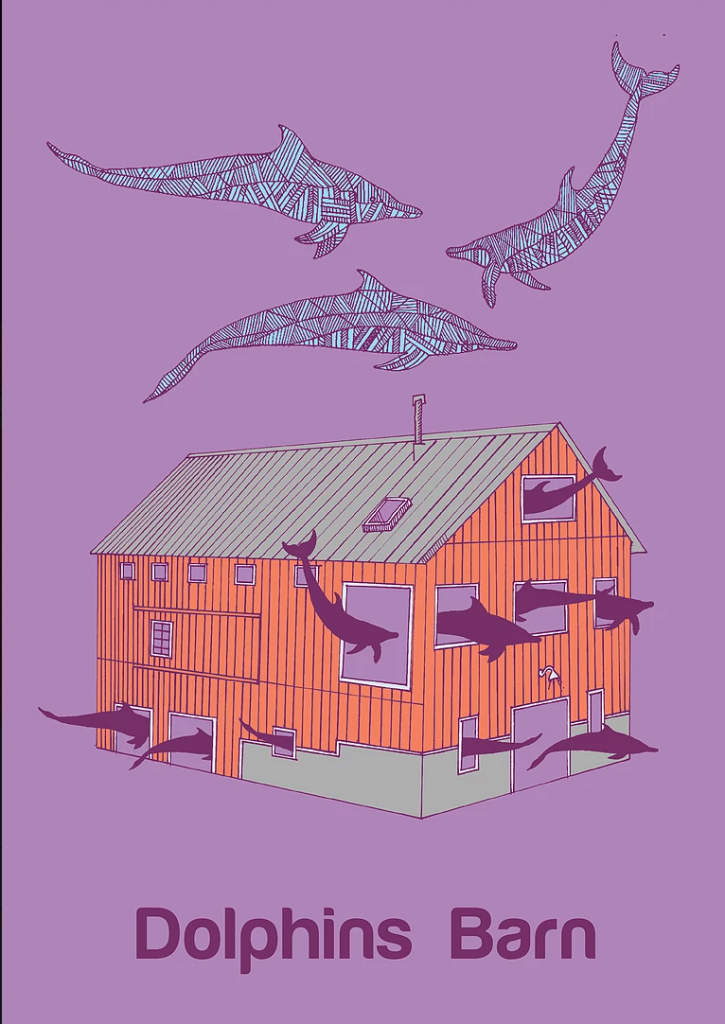
About 20 years later, in 2017, we moved here to Dublin and that Canadian I’m now married to got on his bike to explore his new home – as he has done in every city we have lived. And now there’s no end to the funny names he comes home with (and I’ll explain a few below). You have Bushy Park, Dolphin’s Barn, the Point, Oxmantown and The Five Lamps.
There’s Chapelizod, Ticknock, Coolock, Firhouse and Stoneybatter.
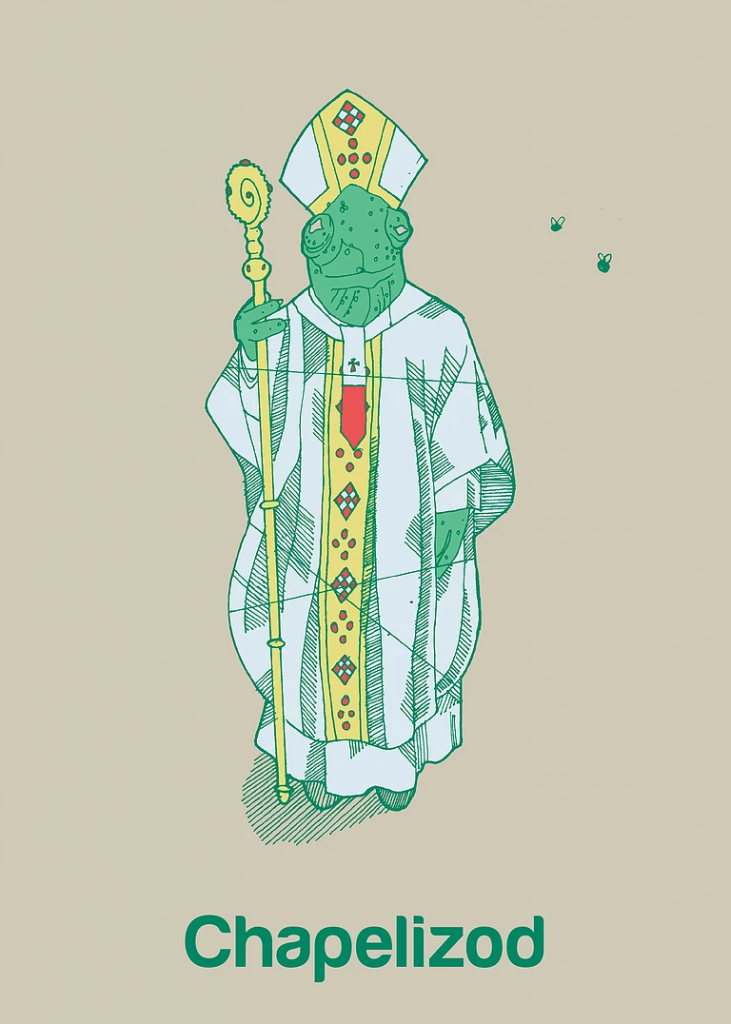
And of course, beyond the bike lanes all roads in Dublin lead to the Red Cow Roundabout.
Not long after we arrived, Ian needed to do some immigration paperwork in “town”, at an office on D’Olier Street. He pronounced it as any good Canadian would – “Dole-e-yay street”. Not a chance, I told him. If you get lost, ask for Doleeeer street or you’ll be laughed out of it. To be on the safe side I made sure he knew how to say Dorset (Dore-set) Street, the Mater (The Maah-ter) hospital, and to make sure to not go as far north as Dollyer (Dollymount) Strand or he’d be well off track.
Every country has its own giggle-worthy place names: just look at our larger island neighbour, a nation of wolds and upons, of bottoms and glebes. And then there are the hodge-podge names from my husband’s own part of western Canada, where we often drive through Okotoks and Medicine Hat, apparently known as The Gas City (if not “A Gas City”).
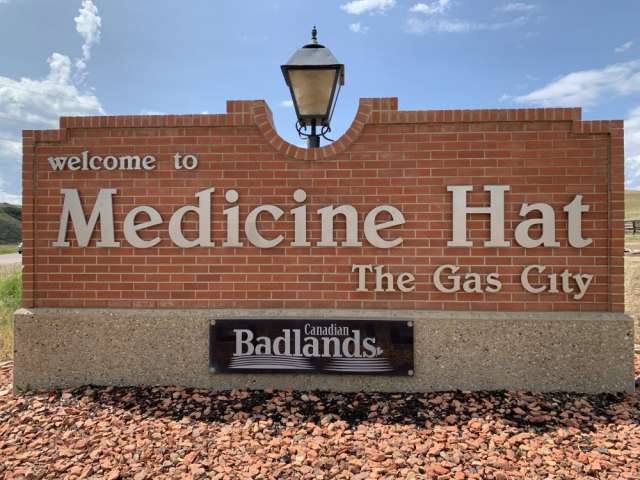
Back to Dublin. A friend told me how one snowy, winter morning a man came up to him around College Green to ask for directions. The poor man, who he guessed was from India or Pakistan, was getting a bit desperate to find his way to an appointment in a place called Insecure. No he didn’t have the letter with him, just an address on Insecure Road. It took a few minutes, and a deep dive into Google maps, for the two of them to figure out it was Inchicore he should be looking for.
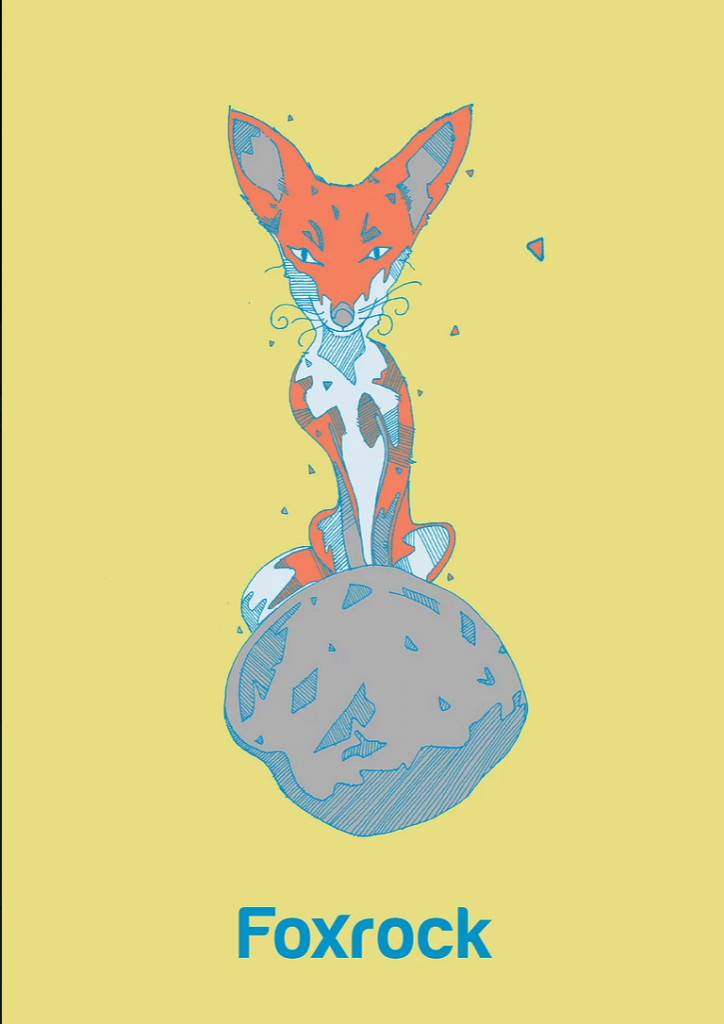
Head further out from Dublin and you get to Lusk and Rush, Gorey and Termonfeckin, and then beyond “the Pale” you have Inch and Leap, Dripsey and Schull, Effin and Borris. I have a genuine interest in how Irish placenames have derived from the local geographical features, ancient characters, and inaccurate anglicization (as beautifully dramatized by Brian Friel in his play Translations, an Irish-language version of which I was involved in at college). Tourists in their rented cars might wonder how many Ballybegs you can have in one country, but once they understand the meaning (little town), they’d soon figure out why there aren’t actually more Ballymores (big town).
The names of Dublin’s streets, roads, alleys, beaches and crossroads (like Kelly’s Corner) are all part of the city’s long, rich history. They each have their own story, their meaning, what they refer to, how they were named whether by Normans or Danes, Celts, Hugenots or British Army surveyors.
Just make sure you give them the respect, and pronunciation, they deserve, as my husband has been learning to do. And know the difference between your Tolka Row and your Tonlegee Road.
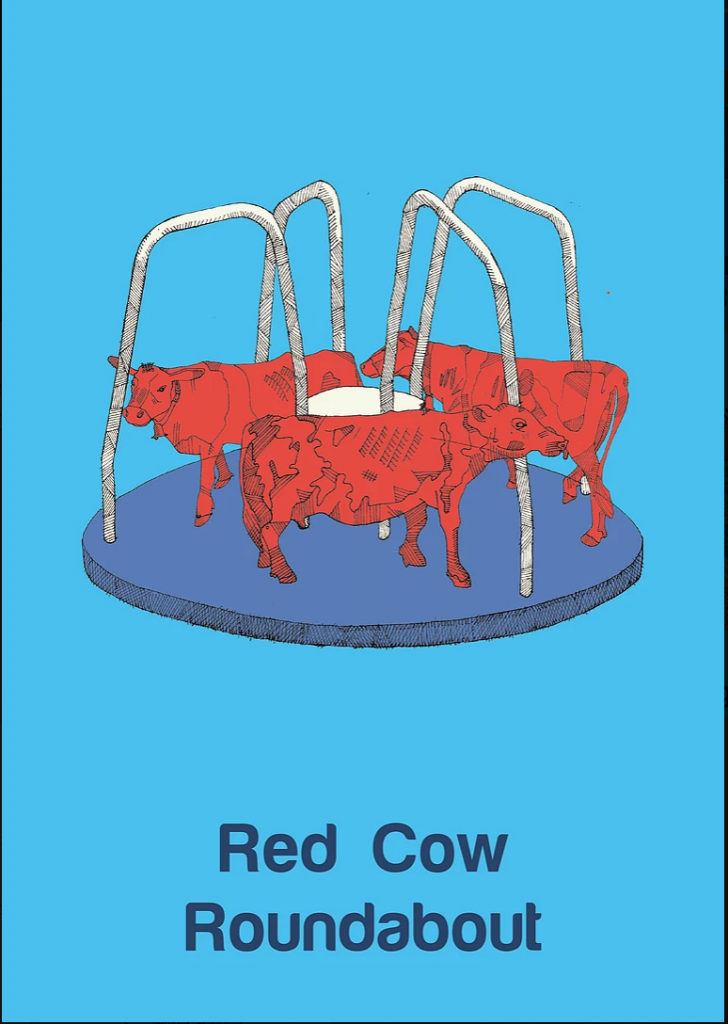
–The wonderful illustrations are by Brian Lowry, a Dublin designer who produces prints of these Dublin placenames. You can find him on Facebook.
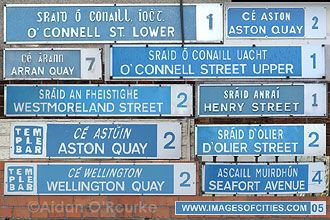
WHAT THEY MEAN
Chapelizod – Séipéal Iosóid, the church of Iseut/Iseult, a Norman name.
Stoneybatter – Bóthar na gCloch, road of stones, one of the oldest highways in Europe, leading out from the oldest part of Dublin. Read more.
Red Cow – named after a 17th-century inn at this old junction, called The Shoulder of Mutton.
Dolphin’s Barn – from a 12th century landowners, the Dolfyns.
Phoenix Park – from Fionnuisce, meaning clear water. Nothing to do with Dumbledore and his like.
Coolock – An Chúlóg, the little corner.
Stillorgan – Stigh Lorcáin, house of Laurence and a spot now famous for its shopping centre has a lot of history.
Bushy Park – after the local Bushe family.
And D’Olier Street is named after a Huguenot goldsmith who was one of the founders of the Bank of Ireland in 1801. Read more.
THE BASICS
These prefixes and suffixes can help you understand some placenames as you travel around the country:
Bally – baile, town or townland. Ballyclough, Ballycastle, Ballyogan
Ball – can come from Béal (mouth) like Ballina.
Ath – ath, ford. Athenry, Athlone
Carrick – carraig, rock. Carrickfergus.
Drum – droim, ridge. Dundrum.
Letter – leiter, hillside. Letterkenny.
Rath – rath, ringfort. Rathfarnham, Rathdown.
Kill – cill, churchyard or church or wood. Kildare, Killybegs.
What fun to read this. I’ve wondered, particularly, where Dolphin’s Barn came from, and imagined just what your illustration is like.
So glad you enjoyed it Elaine! It was only when my husband started chuckling at these names all those years ago that I started to pay attention to them. The lovely illustrations are by Brian Lowry, who let me borrow them.